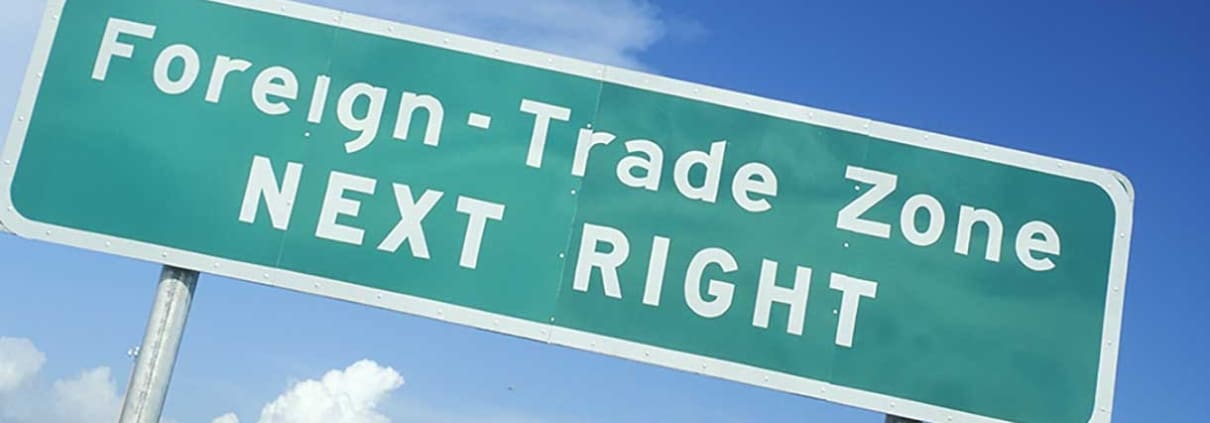What is a Foreign Trade Zone
Businesses are constantly seeking ways to optimize their supply chains, reduce costs, and expand their reach in international markets. One increasingly popular tool for achieving these objectives is the establishment of Foreign Trade Zones (FTZs). But what exactly is a Foreign Trade Zone, and how can businesses leverage them to their advantage? In this blog post, we’ll delve into the concept of FTZs, explore their benefits, and discuss how they can serve as a catalyst for global commerce.
Understanding Foreign Trade Zones
A Foreign Trade Zone (FTZ) is a designated area within a country’s borders where imported goods can be stored, processed, or assembled without being subject to customs duties or certain taxes. While the goods are within the FTZ, they are considered to be outside the customs territory of the host country. Once goods are removed from the FTZ for consumption or export, customs duties and taxes may apply, depending on the final destination.
Benefits of Operating in a Foreign Trade Zone
Duty Deferral: One of the primary benefits of operating within an FTZ is the ability to defer payment of customs duties and taxes until the goods are removed from the zone for consumption or export. This can provide significant cash flow advantages for businesses, allowing them to defer payment until the goods are sold or further processed.
Duty Reduction or Elimination: In some cases, goods imported into an FTZ may be eligible for duty reduction or elimination if they are subsequently exported or undergo further processing within the zone. This can provide cost savings and enhance the competitiveness of products in international markets.
Streamlined Customs Procedures: FTZs offer streamlined customs procedures, reducing paperwork and administrative burdens for businesses engaged in international trade. This can lead to faster clearance times and greater operational efficiency.
Increased Flexibility: Businesses operating within FTZs have greater flexibility to store, process, or distribute goods as needed, without being constrained by customs regulations or time constraints. This agility can be particularly valuable in industries with complex supply chains or fluctuating demand.
Promotion of Economic Development: FTZs can serve as engines of economic development, attracting investment, creating jobs, and stimulating trade activity within their host regions. By providing a competitive advantage to businesses engaged in international trade, FTZs contribute to overall economic growth and prosperity.
Examples of Foreign Trade Zone Activities
Warehousing and Distribution: FTZs are commonly used for warehousing and distribution activities, allowing businesses to consolidate inventory, fulfill orders, and manage logistics operations more efficiently.
Manufacturing and Assembly: Some FTZs offer facilities for manufacturing and assembly operations, where imported components or raw materials can be processed into finished goods for export or domestic consumption.
Value-Added Services: FTZs may also offer value-added services such as labeling, packaging, quality control, and product customization, enabling businesses to tailor their offerings to meet the specific needs of customers in different markets.
Foreign Trade Zones play a vital role in facilitating global commerce, offering businesses a range of benefits including duty deferral, duty reduction or elimination, streamlined customs procedures, increased flexibility, and promotion of economic development. By leveraging the advantages of FTZs, businesses can optimize their supply chains, reduce costs, and gain a competitive edge in international markets. Whether it’s warehousing and distribution, manufacturing and assembly, or value-added services, FTZs provide a versatile platform for businesses to thrive in today’s interconnected global economy.
Carbel is a premier 4PL organization based out of Miami, FL with over 25 years of industry experience. With locations worldwide, we can handle everything from general to complicated logistics needs involving warehousing, distribution, and transportation for organizations large and small.




